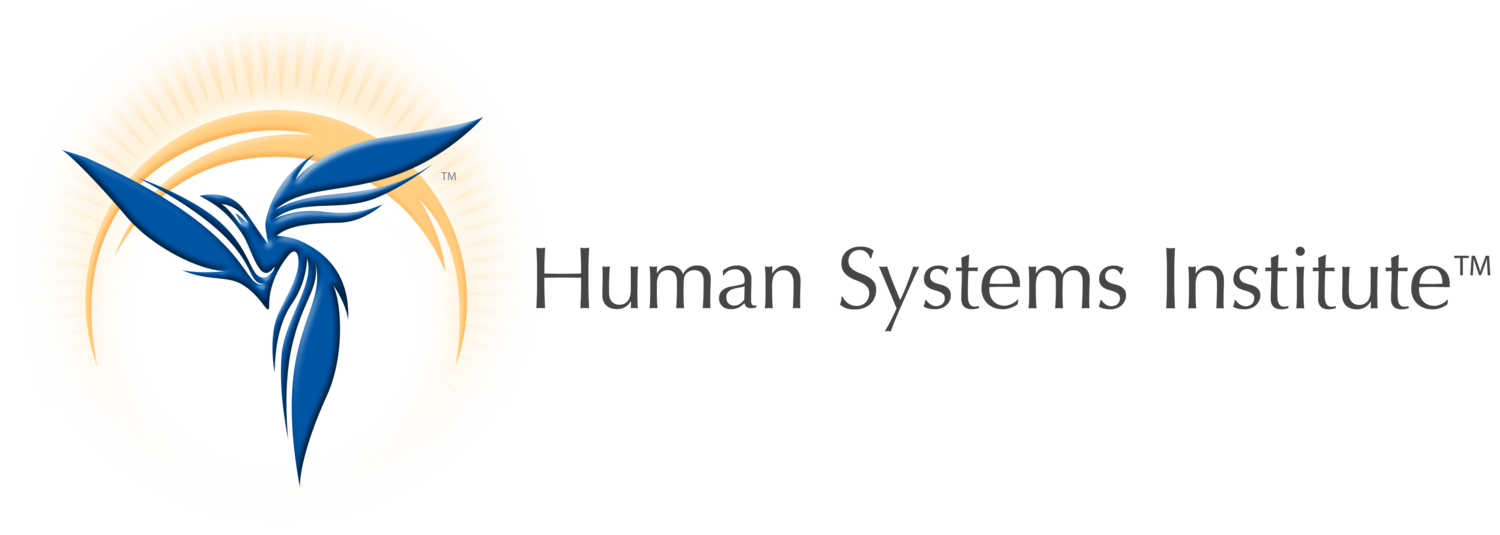What difficulties do both couples and work teams share?
Both couples and work-teams have been, and in many cases still are, organized around hierarchical, top-down principles. For example, in the traditional marriage, man was the bread winner, and the woman was in charge of the domestic domain. In modern marriage both partners may be working and responsible for household financial support and (hopefully) shared domestic responsibilities as well.
Organizations, especially large ones, have operated in past decades increasingly in hierarchical patterns. Now we have the understanding that hierarchy is great for creating and maintaining stable complex structures but it stifles flexibility, creativity and innovation in the face of a changing economic environment. Lean, more egalitarian start-ups can out-pace large established corporations especially in niche areas. Small elite teams with less clear hierarchy may be tasked even in large companies or government organizations with solving pressing problems. You may find yourself on one of these teams, struggling to create order amongst the participants.
Role-based, rule-bound frameworks that held social relationships together are shifting like dry sand on a windy beach in the forces of modern life. Without these external frameworks to organize our relationships, we are required to develop a set of social skills to manage these peer-to-peer relationships, skills that many of us were never taught nor have seen modeled well.
What are some of the skills these new forms of relationship require?
We need skills of collaboration and consensus building (interestingly differentiated in this article from the Burning Man website). One of my teachers, Michael Grinder, used to say:
“We are in love with the influence of power when we need to be in love with the power of influence.”
Often called “soft” or social skills, these include:
Negotiation. Conflict is inevitable between two (or more) different people. Being able to work together to find common ground and move forward is an essential skill in peer-to-peer relationships.
A team mind set, i.e., “I win when we win”. Human beings have a rather well-known tendency to be selfish. Instead of a one-self system where others accommodate the most powerful or dominant person, we need to be comfortable respecting and navigating the complexity of two or more human beings, each as complex as we are. This requires the skill to create reciprocal and fair relationships. And these relationships require on-going maintenance (repair anyone?).
Communication skills. Non-violent communication (also known as compassionate communication) and other forms of respectful, self-aware communication increase our ability to understand each other and be able to create...
Agreement-based relationships. With those negotiation and communication skills and the self-awareness of our needs and wants (and deal-breakers), we can create clear agreements – flexible adaptive rule sets to address our situation – that all parties can follow.
Stakeholders. All parties need to have some skin in the game (otherwise the “I win when we win” won’t hold. If you’re all in, and I’m holding key cards behind my back, we’re not going to be playing fair, and that will undermine...
Safety. The outcome of the above skills is that we are able to co-create a safe space for sharing resources and ideas in pursuit of our goals, dreams, and purpose.
Which brings me to the final essential ingredient: we must have a shared or common purpose or vision for our group. Without that to organize us, we can easily end up unconsciously at cross purposes and in inevitable stuck patterns.
In studying self-managed systems that were successful, I came up with three principles, each of which has two parts. These are.
1. Each person is sovereign (no one is the boss of the others) AND we are in each other’s care (we are living in the social ecosystem we co-create, beneficial or otherwise).
2. Make a contribution (everyone in the couple or work team should contribute to the purpose) AND do everything you say you will (which puts a check on empty promises)
3. Our purpose is clear AND my purpose aligns with our purpose.
The tricky part of these three governing principles is the AND. Each half of these statements is in tension with the other. To navigate the tension inherent in these three principles requires a more complex way of thinking than our role and rule based relationships. Robert Kegan, in his work In Over Our Heads: The Mental Demands of Modern Life, lists five levels of cognitive development. Level three is role and rule based. Level four is self-authoring and includes the ability to see the systems we are part of as systems. This requires more skills than the previous level. Many of us are trying to navigate in these more complex systems without the necessary skills – a recipe for frustration and heartache.
In the decades I’ve been teaching constellation facilitation, I’ve become aware that to facilitate with excellence, you need these skills. Constellations at their best are collaborations with client, representatives, and group members – complex systems. Done well, constellation work can give participants a scaffold to learn how to navigate in our modern, less-rule and role-bound world, with all the freedoms, and complexity it offers.
